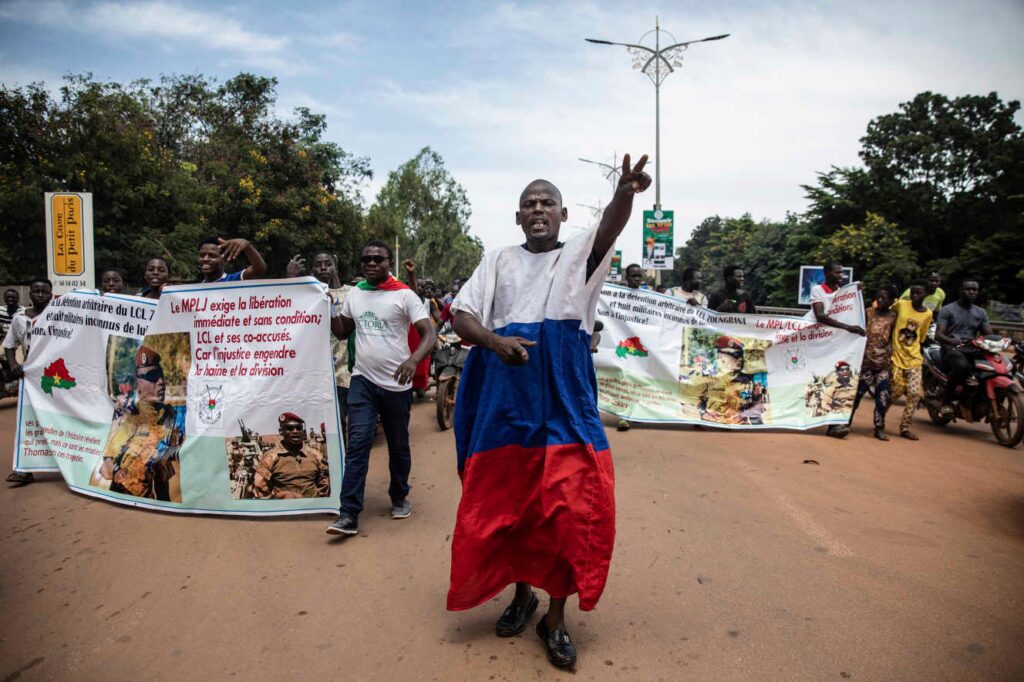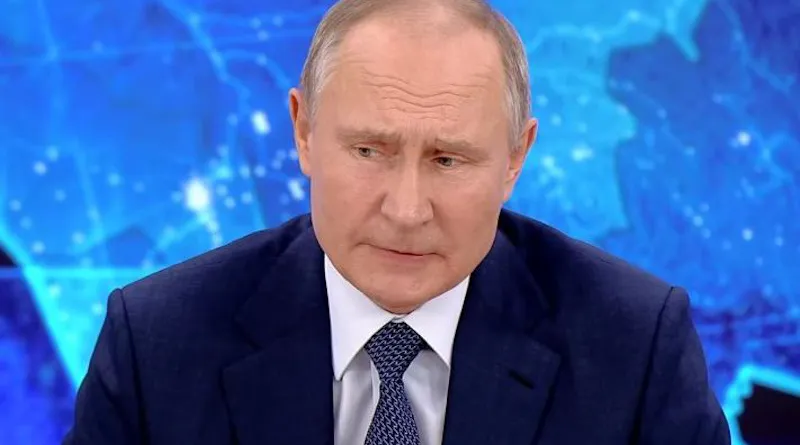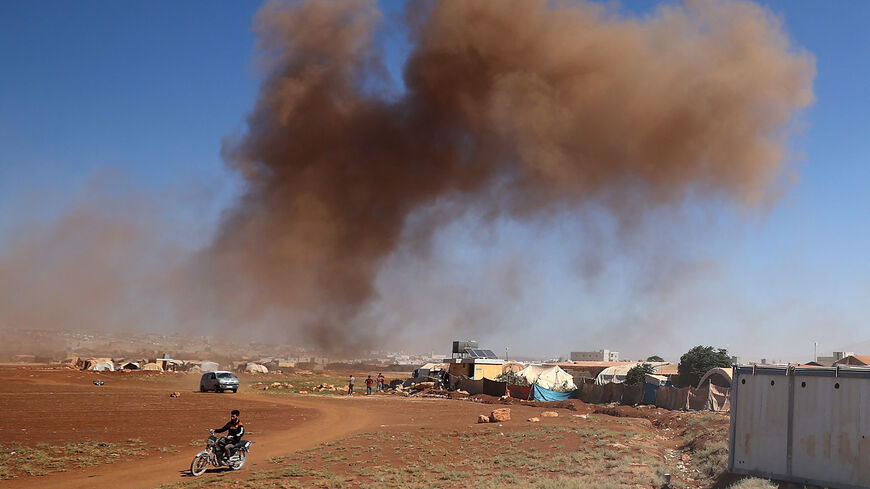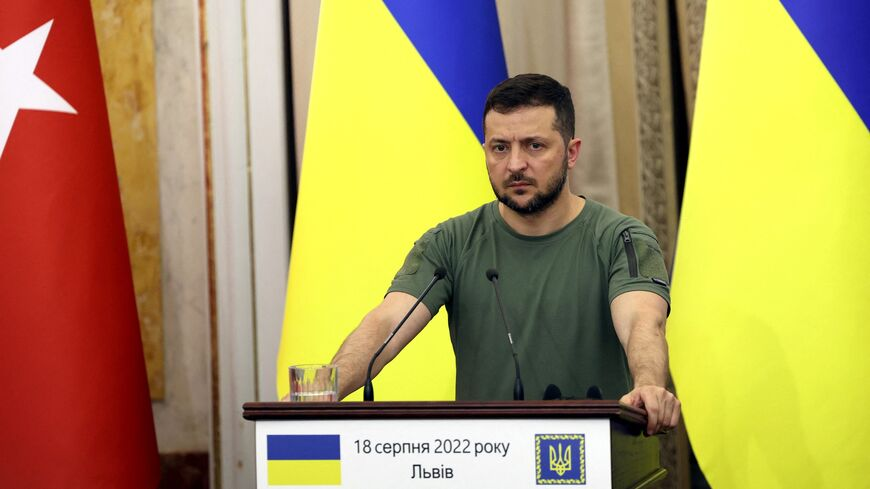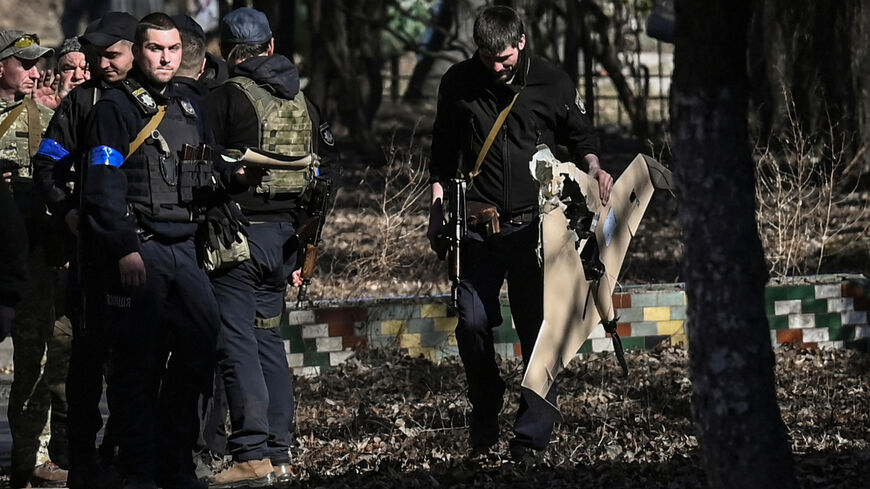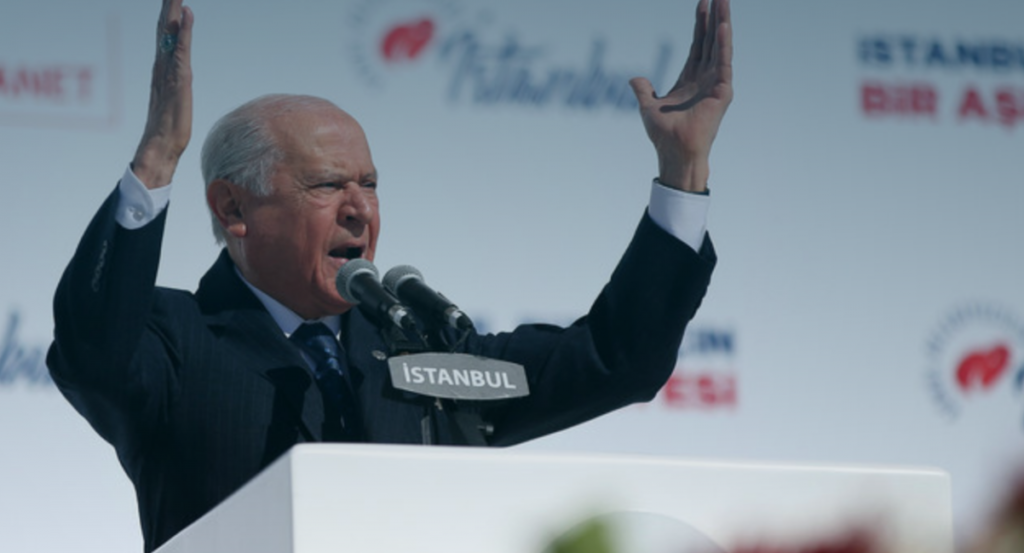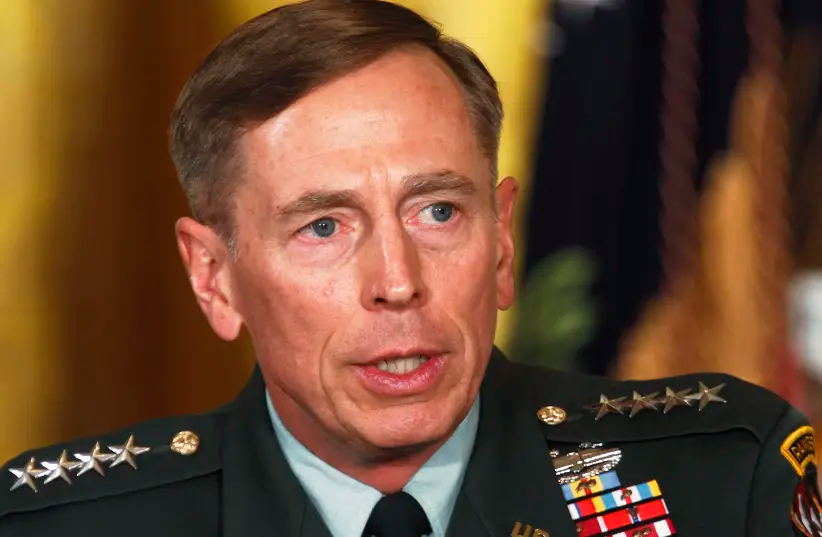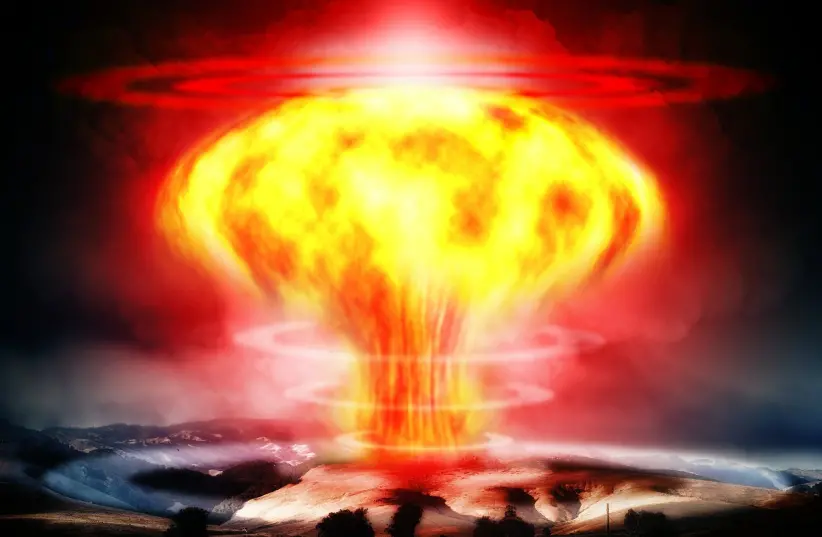Putin’s Apocalyptic End Game in Ukraine
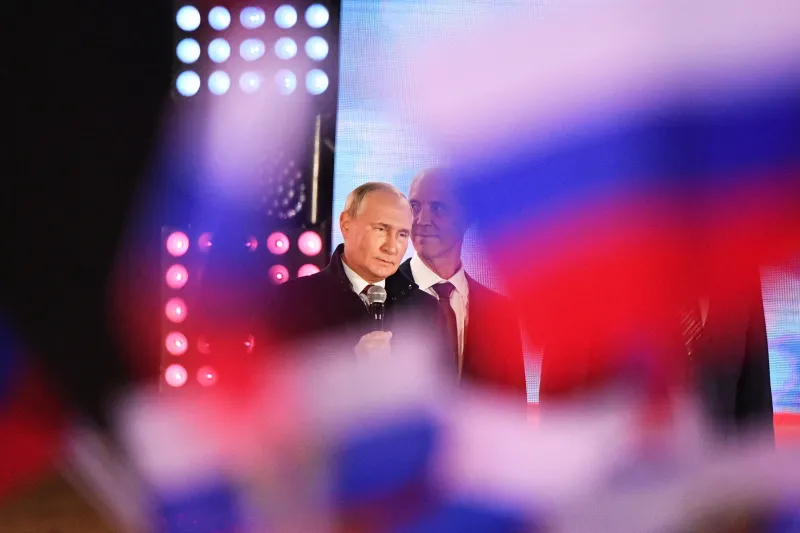
Annexation and Mobilization Make Nuclear War More Likely
On September 30, following a series of sham referendums held in occupied territory in Ukraine, the Russian government declared that four Ukrainian regions were now officially part of Russia. The annexation came amid a “partial” Russian mobilization that is in fact rapidly becoming a large-scale one and that has left many Russians aghast and anxious. With these moves, the war in Ukraine has entered a new stage in which the stakes have risen drastically.


